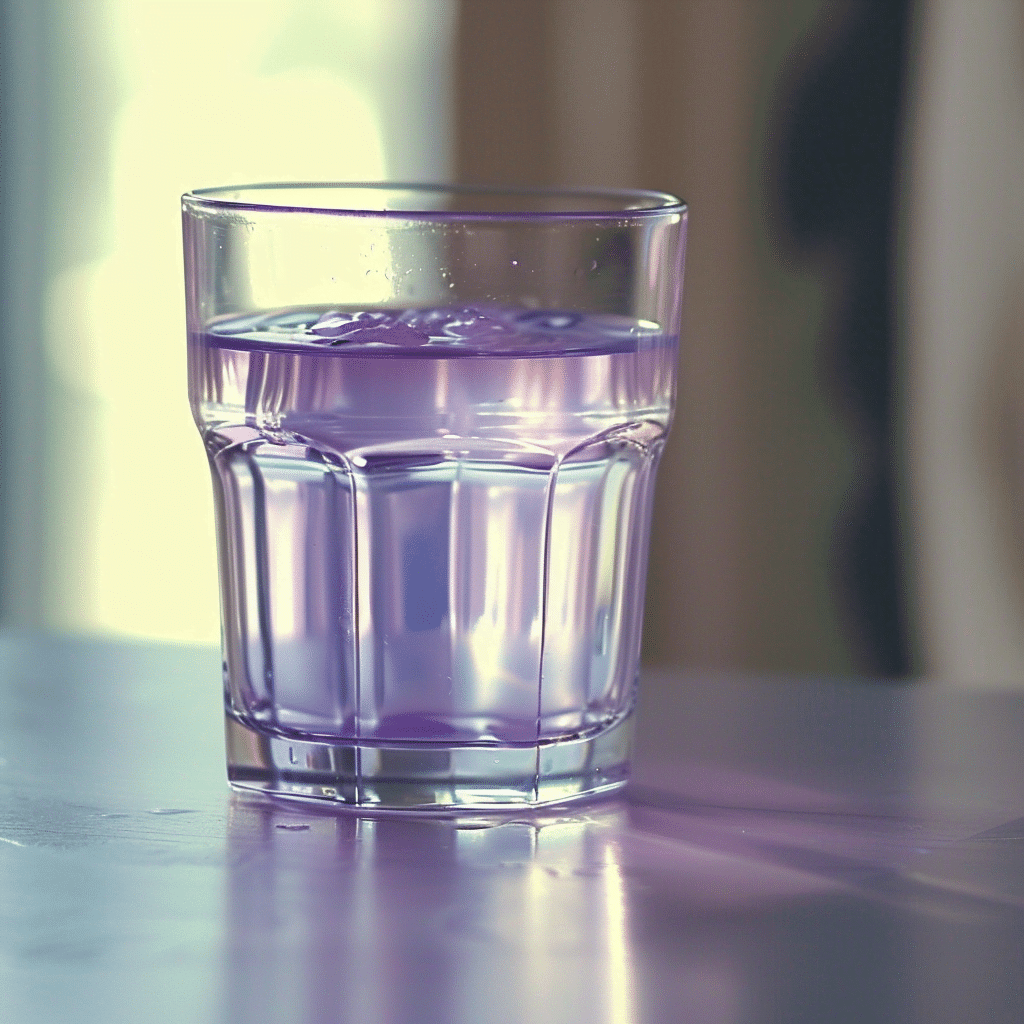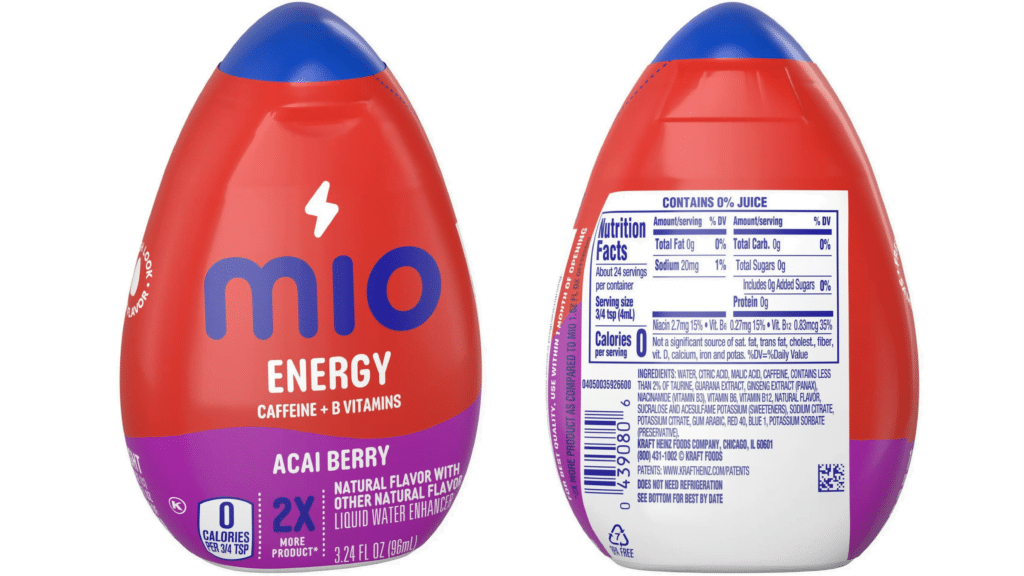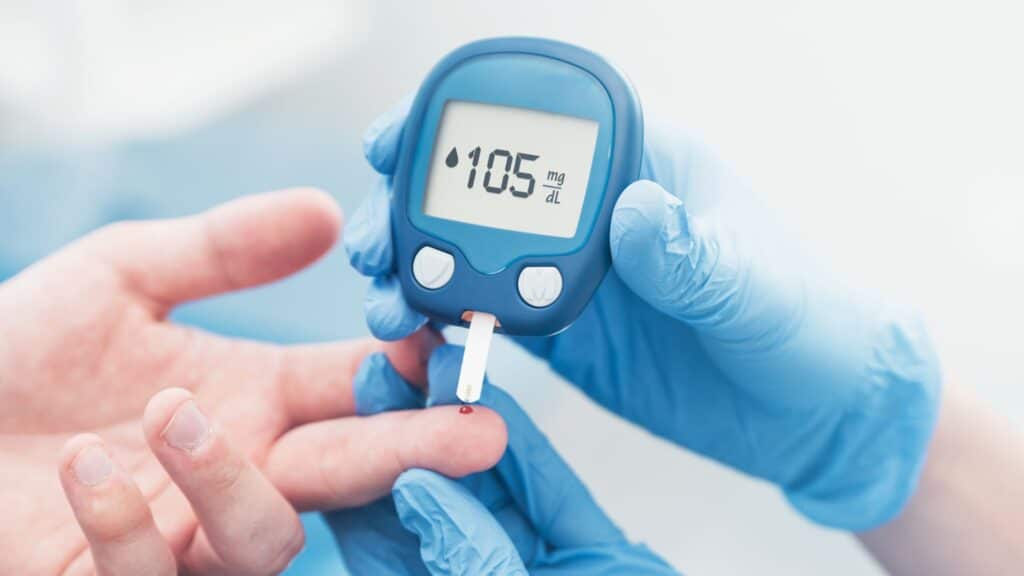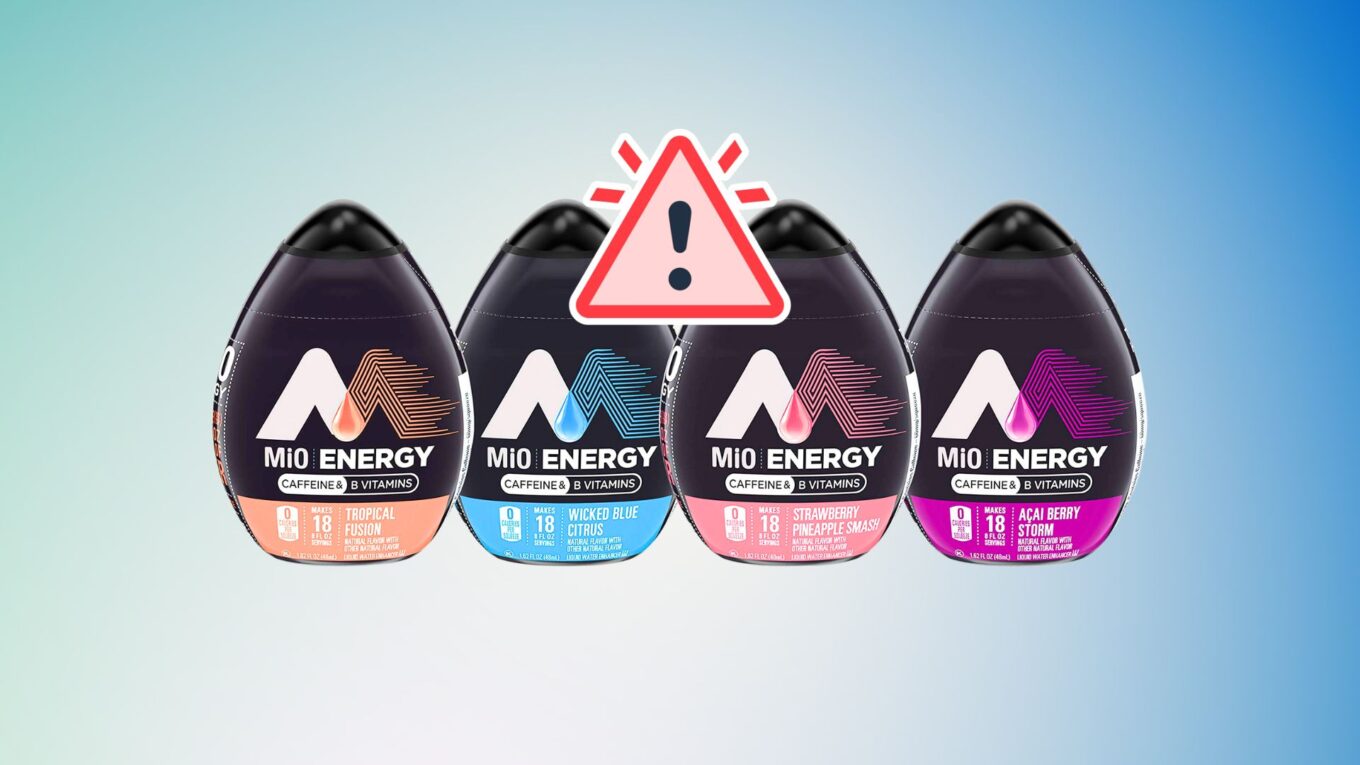Many people find it hard to drink enough water daily. Liquid water enhancers like MiO seem like an easy solution to make hydration more enjoyable. However, have you ever wondered if these flavor drops are too good to be true?
In this article, we’ll examine MiO’s ingredients closely and explore their potential negative effects on health.
We’ll discuss artificial sweeteners and other MiO additives backed by scientific research.
You’ll learn about healthier alternatives to keep you hydrated without compromising your well-being.
By the end, you’ll understand why MiO might not be the best choice for your daily hydration needs and what you can do instead.
Primary Concerns with Mio’s Ingredients

1. Artificial Sweeteners
MiO contains artificial sweeteners like sucralose and acesulfame potassium (Ace-K), which are widely used in the food industry and approved by the FDA.
These sweeteners provide intense sweetness without adding calories or sugar.
Potential Health Effects
- Long-term Safety Concerns: Despite FDA approval, debates about the long-term safety of artificial sweeteners persist. A study published in the Journal of Toxicology and Environmental Health suggests that more research is needed to understand their full impact on health over time.
- Specific Risks and Influence on Diet: Sucralose has been linked to potential issues with glucose intolerance, as demonstrated in a study by Dr. M. Yanina Pepino from the Washington University School of Medicine. Ace-K may disrupt hormonal balance, though more conclusive evidence is required. Additionally, consuming artificial sweeteners may alter the body’s natural ability to regulate sugar intake, possibly leading to increased sugar cravings and overeating.
- Gut Health: Emerging research, such as a study led by Dr. Eran Elinav from the Weizmann Institute of Science, indicates that artificial sweeteners could negatively affect the gut microbiome, which plays a crucial role in overall health and digestion.
User Experience: “I used to drink MiO daily, thinking it was a healthier alternative to soda. But after a while, I noticed I was constantly craving sweets and felt bloated. I didn’t realize it could be the artificial sweeteners messing with my gut and sugar cravings.” – Sarah, 32
2. Artificial Dyes
MiO uses artificial dyes, such as Red 40, Yellow 5, and Blue 1, to create visually appealing colors in their products.
Health Implications
- Risk Assessment: While regulatory agencies have approved these dyes, some concerns about their safety remain. Studies, like one published in The Lancet, have suggested potential links to health issues, but more research is needed.
- Specific Concerns: Artificial dyes have been associated with allergic reactions and hyperactivity in some individuals, especially children. A study by Dr. Jim Stevenson from the University of Southampton found that certain food dyes, combined with the preservative sodium benzoate, increased hyperactivity in children. However, the evidence is inconclusive, and sensitivity varies from person to person.
3. Preservatives
MiO contains preservatives like propylene glycol and potassium sorbate to extend the product’s shelf life and maintain freshness.
Health Concerns
- Toxicity and Side Effects: High or prolonged exposure to these preservatives may lead to side effects or toxicity in some cases. A study published in the Journal of Applied Toxicology highlighted the potential risks associated with propylene glycol. However, the levels used in MiO are generally considered safe by regulatory standards.
- Allergic Reactions: Some individuals may experience allergic reactions or sensitivities to these preservatives, causing symptoms like skin irritation or digestive issues.
4. Comparison Table of MiO vs. Natural Water Flavoring Alternatives
| Beverage Type | Calories per Serving | Sugar Content | Artificial Additives | Health Benefits |
|---|---|---|---|---|
| MiO | 0 | 0g | Yes (sucralose, Ace-K, artificial dyes) | Enhances flavor, offers a variety of choices |
| Cucumber Water | 0 | 0g | No | Hydrates, provides vitamin K, antioxidants |
| Lemon Water | < 10 | < 1g (natural sugars) | No | High in vitamin C, it supports digestion |
| Herbal Teas (e.g., mint, chamomile) | 0 | 0g | No | It can calm the stomach, reduce inflammation, promote relaxation |
Secondary Concerns with Additional Ingredients

1. Impact of Caffeine and Vitamins
Some MiO products, particularly MiO Energy, contain added caffeine and vitamins to boost and promote well-being. However, these ingredients come with their own set of concerns.
Caffeine Concerns
- Health Risks: MiO Energy contains significant caffeine per serving (60 mg). According to the Mayo Clinic, excessive caffeine intake can lead to side effects such as rapid heartbeat, insomnia, and anxiety, especially when consumed in large quantities.
- Vulnerable Populations: Certain groups, including pregnant women, adolescents, and those with pre-existing health conditions, may be more susceptible to the negative effects of caffeine and should exercise caution when consuming MiO Energy. The American Pregnancy Association recommends limiting caffeine intake during pregnancy to reduce potential risks.
Vitamin Overconsumption
- Toxicity Risks: While vitamins are essential for health, consuming them excessively can be harmful. Fat-soluble vitamins, like vitamins A and D, can accumulate in the body over time, potentially leading to toxicity. A report by the Environmental Working Group highlights the dangers of vitamin overconsumption.
- Symptoms and Long-Term Effects: Signs of vitamin overdose may include nausea, liver damage, and nerve damage. Long-term overconsumption of certain vitamins can have serious health consequences.
Personal Story: “I used to drink MiO Energy every morning for a quick pick-me-up. I didn’t realize how much caffeine I was consuming until I started feeling jittery and anxious all the time. I spoke with my doctor, who advised me to cut back and find healthier ways to boost my energy.” – Michael, 45
2. Influence on Blood Sugar and Insulin Levels

The artificial sweeteners in MiO, such as sucralose, may impact blood sugar management and insulin sensitivity, which is crucial for individuals with diabetes or those monitoring their sugar intake.
Mechanism of Action
- Insulin Response: Some studies, like one conducted by Dr. M. Yanina Pepino at Washington University School of Medicine, suggest that substances like sucralose might stimulate insulin release, even though they don’t contain actual sugar. Over time, this may lead to reduced insulin sensitivity.
- Digestive Effects: Artificial sweeteners may affect gut health, closely linked to how the body processes sugars and regulates insulin. A study published in Nature found that non-caloric artificial sweeteners could induce glucose intolerance by altering the gut microbiota.
Research Findings
- Variability in Outcomes: Scientific studies on the effects of artificial sweeteners on blood sugar and insulin have produced mixed results. Some research shows minimal impact, while others indicate significant changes in glucose metabolism.
- Current Consensus and Recommendations: Based on the available evidence, medical experts advise caution when using artificial sweeteners, particularly for those with diabetes or prediabetes. Dr. Mark Hyman, a leading functional medicine physician, recommends minimizing the use of artificial sweeteners and opting for natural alternatives when possible.
Broader Health Implications

1. Long-term Health Risks
Consuming products like MiO regularly, which contain artificial sweeteners, dyes, and preservatives, raises concerns about the potential health risks associated with long-term exposure to these additives.
Chronic Disease Risks
- Health Consequences: Studies, such as one published in the journal PLOS Medicine, suggest that prolonged intake of artificial additives may increase the risk of developing chronic health problems, such as metabolic syndrome, diabetes, and heart disease.
- Mechanisms: These health issues may arise due to the additives’ effects on the body, including increased oxidative stress, inflammation, and disruption of normal metabolic functions, as explained in a review by Dr. Eran Elinav and Dr. Eran Segal in the journal Nature.
Environmental Impact
- Pollution and Waste: The production and disposal of artificial ingredients can contribute to environmental pollution, including releasing harmful substances during manufacturing and accumulating non-biodegradable waste.
- Sustainability Concerns: The widespread use of synthetic compounds in consumer products raises questions about their long-term impact on global ecosystems and the sustainability of relying on these artificial ingredients. A report by the United Nations Environment Programme highlights the need for more sustainable practices in the food and beverage industry.
2. Behavioral and Psychological Effects
Consuming flavored water enhancers like MiO can influence dietary habits and have psychological consequences, affecting overall health and well-being.
Impact on Eating Behaviors
- Dietary Choices: The intense sweetness of these products without the accompanying calories may disrupt the body’s natural satiety signals, potentially leading to unhealthy food choices or overeating. A study by Dr. Susan Swithers from Purdue University suggests that artificial sweeteners may paradoxically lead to weight gain.
- Physical Health Consequences: Poor dietary habits resulting from altered taste preferences and satiety signals can lead to nutrient imbalances and unhealthy weight gain.
Psychological Dependency
- Habit Formation: Regular use of flavored water enhancers may create a psychological dependence, making it difficult for individuals to enjoy plain water and limiting their beverage options.
- Mental Health Considerations: When unavailable, relying on flavored products for hydration can cause anxiety or stress, potentially impacting mental well-being and overall hydration habits. Dr. Caroline Leaf, a cognitive neuroscientist, emphasizes the importance of maintaining a healthy relationship with food and beverages for optimal mental health.
User Perspective: “I used to be addicted to MiO. I couldn’t imagine drinking plain water anymore. It wasn’t until I realized how much I relied on these artificial enhancers that I decided to make a change. Quitting wasn’t easy, but I now feel healthier and more in control of my choices.” – Jennifer, 28
Conclusion
While MiO may seem convenient for enhancing water, it’s crucial to consider the potential health risks associated with its artificial ingredients.
From the long-term safety concerns of sweeteners like sucralose and Ace-K to the potential impact of synthetic dyes and preservatives, regularly consuming MiO could lead to various health issues.
Instead of relying on flavored water enhancers, opt for natural hydration alternatives. Infuse your water with fresh fruits, vegetables, and herbs for a refreshing and healthy twist.
By prioritizing your well-being and making informed choices, you can balance convenience and health.
Remember, nothing beats pure, clean water when it comes to staying hydrated. Embrace the simplicity of nature’s best beverage and enjoy the benefits of a healthy lifestyle.
As the renowned nutritionist Michael Pollan put it, “Eat food. Not too much. Mostly plants.” The same principle applies to what we drink – choose natural, wholesome options for optimal health.
Frequently Asked Questions
Does Mio Have Negative Effects?
Yes, Mio can have negative effects due to artificial sweeteners, dyes, and preservatives, which may lead to health issues like disrupted gut bacteria and increased sugar cravings.
Does Mio Dehydrate You?
No, MiO itself does not dehydrate you, but the caffeine content in Mio Energy can have a mild diuretic effect, which may contribute to dehydration if consumed excessively.
Does Mio Actually Give You Energy?
Mio Energy contains caffeine, which can provide a temporary energy boost, but the effects may vary from person to person and can lead to a crash later.
Do Water Enhancers Cause Weight Gain?
Water enhancers like Mio don’t directly cause weight gain, but the artificial sweeteners may increase sugar cravings and lead to overeating, potentially contributing to weight gain indirectly.
Can You Have Mio While Pregnant?
It’s best to consult your doctor before consuming Mio while pregnant, as some ingredients like caffeine and artificial sweeteners may pose risks to fetal development.




